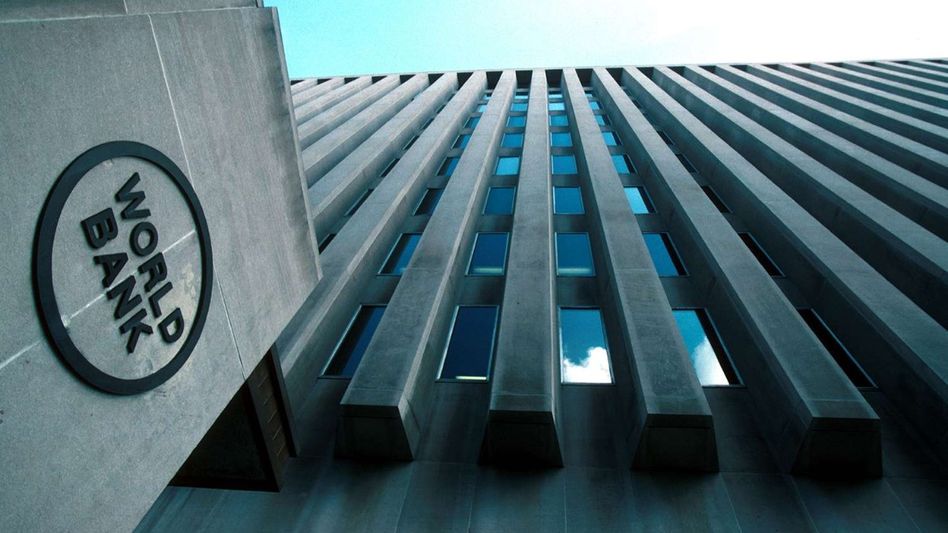World Bank launches comprehensive programme to combat India's escalating air pollution crisis
In response to the escalating air pollution crisis in India affecting the entire population of 1.4 billion, the World Bank has initiated a comprehensive program to curb the harmful effects of ambient particulate matter (PM) 2.5 pollution.
 World Bank (File Photo)
World Bank (File Photo)In response to the escalating air pollution crisis in India affecting the entire population of 1.4 billion, the World Bank has initiated a comprehensive program to curb the harmful effects of ambient particulate matter (PM) 2.5 pollution.
The endeavor includes the roll-out of airshed management tools, the development of State-wide Air Quality Action Plans, and the creation of the first comprehensive Regional Airshed Action Plan for the Indo-Gangetic Plains (IGP), covering union territories and states.
Recent data shows that every individual in India is exposed to unhealthy levels of PM2.5, a dangerous airborne pollutant. PM2.5 particles, with a diameter of less than 2.5 microns, can cause severe health problems like lung cancer, stroke, and heart disease.
In 2019 alone, air pollution contributed to 1.67 million deaths in India, making up 17.8 percent of the total mortality rate. The economic impact was also significant, with losses of USD 36.8 billion or 1.36 percent of India's Gross Domestic Product (GDP) due to premature deaths and morbidity from air pollution.
PM2.5 emissions in India come from various sources, including fossil fuel combustion, biomass burning, and windblown dust from construction sites and industrial plants.
Also read : NIA arrest 13 people from Maharashtra, Karnataka in ISIS terror conspiracy case
Copyright©2024 Living Media India Limited. For reprint rights: Syndications Today









